Microfluidic Lab-on-a-Chip
Jul. 31 - Aug. 06, 2025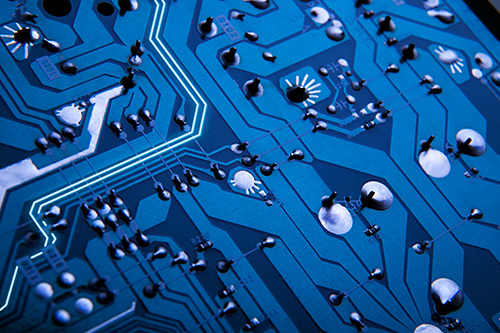
Materials Science and Engineering
Aug. 07 - Aug. 13, 2025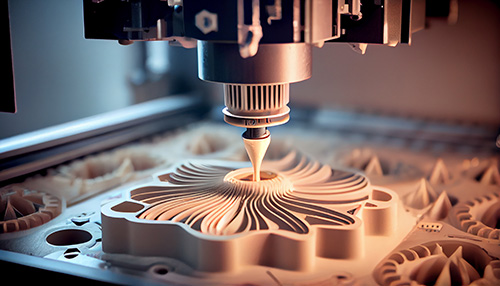
— Introduction —

City University of Hong Kong (CityU), established in 1984, is a university funded by the Hong Kong Special Administrative Region government. The university launched its Shenzhen Research Institute in 2001 as a strategic hub in the Greater Bay Area, dedicated to fostering industry-university-research cooperation between Shenzhen and Hong Kong through applied research, project incubation, and talent development. Operating 17 specialized research centers and laboratories, including three national key laboratory platforms and five municipal-level key labs, the institute has produced over 1,000 publications in leading journals like Nature and Science, along with multiple patented innovations.
In partnership with ASEEDER, CityU offers a week-long summer program for high-achieving high school students worldwide. Students will explore two advanced research fields, progressing from foundational concepts to hands-on practice while gaining exposure to undergraduate and graduate-level content. The program also provides opportunities for students to visit Hi-tech corporates in the Greater Bay Area, where students interact with industry experts and witness how breakthroughs transforms into real-world solutions, thereby exposing students to international research trends, broadening their academic horizons, and fostering global vision and critical thinking skills.
— Why Us —
This program centers on frontier research projects, utilizing national key research platforms for immersive learning. Students will break through conventional high school curriculum framework, engage in research projects, experimental design, and commercial manufacturing, grasp comprehensive research methodology.
The course, based on the Experiential Learning Project Learning (ELP Learning) teaching model, incorporates extensive hands-on practice sessions to enable students to directly apply theories in practice. By operating state-of-the-art equipment, they will gain deeper insights into concepts, effectively reinforce their learning and practical problem-solving skills.
Upon the successful completion of the program, students will obtain a Certificate of Completion from CityU Shenzhen Research Institute. Exceptional students will be honored with an Outstanding Student Certificate. Furthermore, the program features special sessions where senior students from CityU will share their campus life and study insights into the advantages of studying in Hong Kong and application strategies to assist students in their future academic planning.
This program capitalizes on the industrial strengths of the Greater Bay Area, bringing classrooms to forefronts. Students will visit enterprises to grasp the industrial implementation. Engaging with industry experts, they will delve into how theoretical knowledge transform into practical applications while developing insights into emerging industry trends. Anchored in the Greater Bay Area's innovation ecosystem, the program incorporates lectures by leading experts from across the region, providing students with invaluable professional development opportunities.
— Courses —

Course Overview
Microfluidics is the science and technology that employs microchannels (typically 10-100 μm in dimension) to process or manipulate minute fluid volumes. This technology enables the integration of fundamental analytical
procedures from biology, chemistry, and medical sciences onto a single microscale chip, automating the entire analytical process. Through this course, students will explore this emerging interdisciplinary field combining fluid physics, microelectronics, materials chemistry, and biomedical engineering, examine the applications and future potentials of microfluidics, and delve into the hydrodynamic principles and fluid phenomena in microfluidic systems. In addition, students will have opportunities to engage in hands-on experience in designing and fabricating microfluidic chips to experience both the advantages and challenges of this technology.
- Recommended Reading: 《图解微流控芯片实验室》(only Chinese version)
Syllabus
| Topics | Content | |
|---|---|---|
| Introduction to Microfluidics |
|
|
| Microfabrication Techniques and Microscale Fluid Dynamics |
|
|
| Categorization and Application Analysis of Microfluidics |
|
|
| Fabrication of Microfluidic Chips |
|
|
Teaching Faculty
Prof. Zhu
-
- Assitant Professor, Department of Mechanical Engineering, CityU
- Outstanding Reviewer for Lab on a Chip
- IAAM Young Scientist Medal, International Association of Advanced Materials, Sweden
Prof. Zhu earned his Ph.D. from HKU and completed postdoctoral research at both the HKU and Harvard University. His research focus is on the fundamentals and applications of micro/nano-scale fluid dynamics, including Microfluidics, Surface Wettability, Biomimetics, and Micro/Nanorobots. He has authored nearly 50 papers in prestigious journals, including Science and Nature Communications, and co-authored one English academic monograph. His accolades include the Micromachines 2022 Young Investigator Award and, Outstanding Achievement Award for China Rising Star in Science and Technology. Additionally, he serves as an editor for several academic journals, such as the Guest Editor of Micromachines.
Note: The course content and mentor above are for reference only, and are subject to the CityU Shenzhen Research Institute.

Course Overview
The course centers on Materials Science and Engineering, guiding students from the concepts of materials to specific technologies, testing methods, and applications. The curriculum encompasses basic principles in materials science, such as material classification, atomic structure, and material properties, offering an in-depth introduction to 3D printing technologies, such as FDM, SLA, DLP, and SLM. The course also delves into standard material testing and analytical techniques, and highlights advancements in materials science, such as applications in biomaterials, aerospace materials, and semiconductor materials, finally establishing a solid foundation for students transitioning from high school to university and even graduate studies, thereby igniting their interest in materials science.
- Recommended Reading:Stuff Matters: Exploring the Marvelous Materials That Shape Our Man-Made World, by Mark Miodownik
Syllabus
| Topics | Content | |
|---|---|---|
| Unveil the Secrets of Surrounding Materials |
|
|
| Explore the Secrets of AM |
|
|
| Traditional Casting Meets LAM |
|
|
| The Odyssey of Biomaterials |
|
|
| Advancements in Materials Testing |
|
|
| Future Engineers Summit – A Comprehensive Innovation Showcase |
|
|
Teaching Faculty
Dr. Cao
-
- Associate Research Fellow, CityU Shenzhen Research Institute
- Shenzhen Overseas High-Level Talents
- Council Member of HKYSA
Pro. Cao earned his PhD. from CityU, specializing in research on AM, covering the design and development of AM equipment, multi-material and multi-structure composite manufacturing, and more. He has led and participated in the research, and implementation of numerous technological inventions, earning awards such as the International Exhibition of Inventions of Geneva Gold Award and the Excellent Product Award at the China High-Tech Fair, and he was conferred the title of National Outstanding Postdoctoral Fellow in Innovation and Entrepreneurship by MHRSS.
Note: The course content and mentor above are for reference only, and are subject to the CityU Shenzhen Research Institute.
— Sample Schedule —
| Date | 9:00 - 12:00 | 14:00 - 17:00 |
|---|---|---|
| DAY 1 | Check-ins * It is recommended that non-local students arrive in the program city 24 hours before to ensure punctual attendance. |
|
| DAY 2 | Opening Ceremony Lecture on Innovation and Development of the Guangdong-Hong Kong-Macao Greater Bay Area |
Academic Lecture 1: Learn basic concepts and theoreies led by CityU mentors. |
| DAY 3 | Academic Lecture 2: Learn basic concepts and theoreies led by CityU mentors. |
Academic Lecture 3: Learn basic concepts and theoreies led by CityU mentors. |
| DAY 4 | Practice Course: Engage in hands-on practice to operate experimental equipment in laboraries. |
Mobile Classroom: Tour the cutting-edge corporates to observe the whole process of industrial implementation. |
| DAY 5 | Final Presentation: Team up to make presentations. |
Closing Ceremony Insights shared from CityU senior students. |
| DAY 6 | On-site Visits: Visit Hi-tech corporates/research instituions. | |
| DAY 7 | Departure | |
Note: The schedule above is for reference only. The specific schedule is subject to CityU Shenzhen Research Institute.
— Visits to Hi-tech Labs/Corporates —
Microfluidic Lab-on-a-Chip
Microfluidics, as an emerging interdisciplinary field, is rapidly expanding its applications across diverse industries—from precision medicine to intelligent manufacturing, from environmental monitoring to energy development—demonstrating significant potential. Outside classroom, students will visit leading corporates and research institutions in fields like chip manufacturing, photovoltaic semiconductors or biomedicine, providing firsthand exposure to technological applications in real-world implementation, fostering their enthusiasm for exploring cutting-edge technologies and enhancing their motivation to learn.
Materials Science and Engineering
From nanoscale semiconductor chips to high-strength aerospace alloys, from biodegradable plastics to graphene, these innovations profoundly impact every facet of modern life. This mobile classroom offers students exclusive access to leading materials science corporates, creating a unique bridge between academic theory and industrial practice. Students will gain firsthand exposure to materials engineers' daily workflows while exploring promising career pathways in this dynamic field.
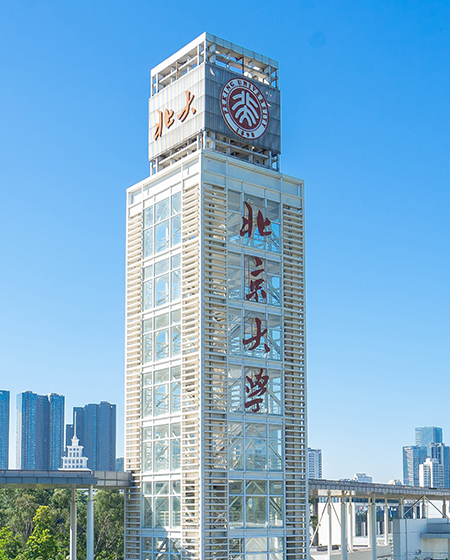
Peking University Shenzhen Institute Chip Laborator
Visit key laboratories to explore the microscopic structure and design workflow of chips, with access to assemble circuits.
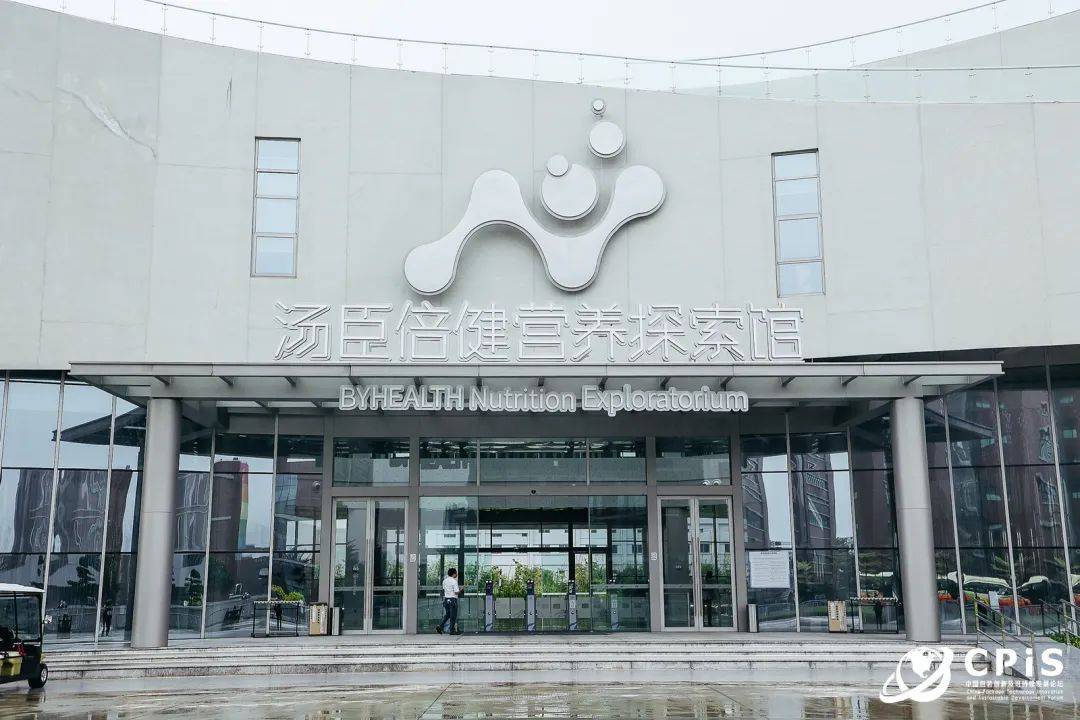
By-Health Transparent Production Base
Get a close look at By-Health's intelligent production line, and admire its smart factory with an annual capacity of 5 billion tablets.
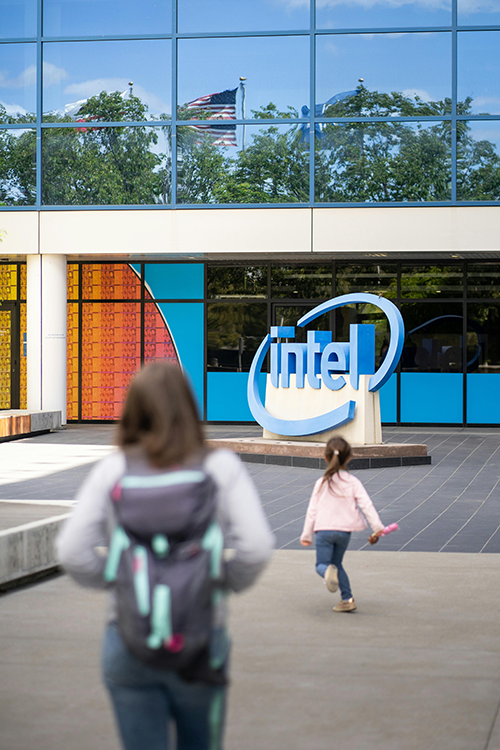
Intel Greater Bay Area Innovation Accelerator
Explore the innovation hub featuring Intel's advanced technologies, comprehensive product solutions, and open ecosystem, while gaining insights from senior experts.
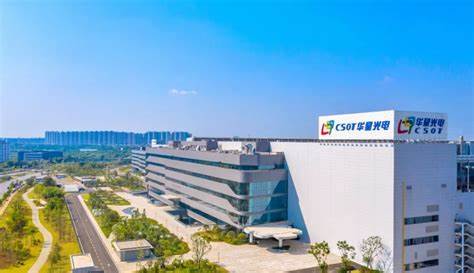
TCL CSOT Manufacturing Campus
Admire the 150-meter semiconductor automation equipment complex to look into end-to-end smart manufacturing processes, and attend a seminar on sustainable development in photovoltaic energy.

National 863 Program Advanced Materials Testing Center
Work in labs equipped with precision instruments like SEM and FTIR, conduct material property tests and observe optical responses firsthand.
Note: The listed visiting venues are for reference only. Final itineraries will adapt to actual situations, with 2-3 visits per project.
— Application —
Date:
• Microfluidic Lab-on-a-Chip: July 31 - August 06, 2025
• Materials Science and Engineering: August 07 - August 13, 2025
Quota:
30 seats/course
Location:
Shenzhen, China
Language:
English (supplemented with Chinese)
Grade:
10-12
Requirements:
- English language level equivalent to IELTS level 5.5 or TOEFL 70
- Recommendation letter from your teacher as proof of English proficiency, or a phone or online interview with an ASEEDER teacher
Fee:
- Includes:Tuition, certificate application, tutorial, teaching sites, expenses for the use of experimental equipment and instruments, visits, transportation cost for visits, ASEEDER group leader service fee, and insurance.
- Excludes:Round-trip transportation costs between Shenzhen and your departure place, meals, accommodation (Logistics service is available.)

